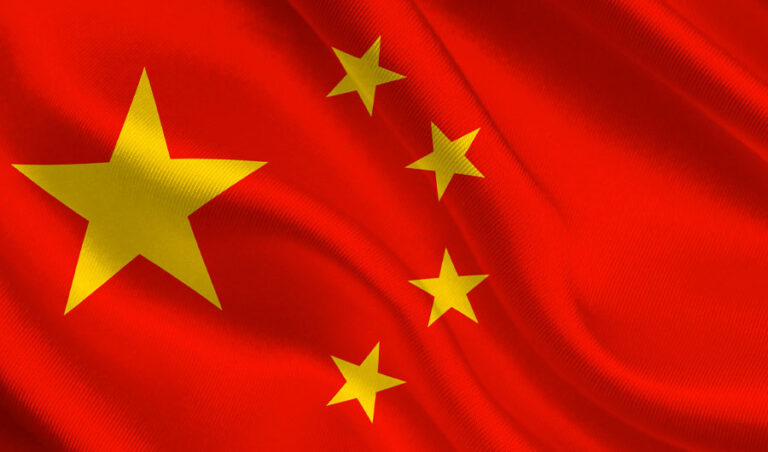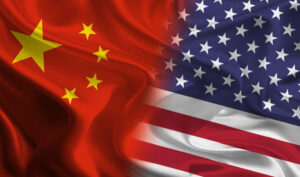From The Economist:
“If the technology matters, then don’t bring it to China as it will get stolen.”
ON JANUARY 5th, in a night raid, a gang of criminals broke into a factory near Shanghai owned by Mercury Cable, an American manufacturer of high-voltage equipment. The thieves took not only raw materials but machinery from production lines as well.
Who was responsible?
Todd Harris, the firm’s American boss, blames a gang led by a former manager at the plant.
He claims local police have refused to take action despite repeated complaints, and that former employees and local officials are colluding to “set up a Chinese company making knock-offs.”
Cybercrime may be sexier, but the hard reality for companies doing business in China is that old-fashioned skulduggery remains a bigger threat.
The Mercury saga is a common tale:
- A foreign businessman comes to China with dollar signs in his eyes, struggles initially, then finds promising local managers who speak English, and he hands over the keys to his factory.
- He visits occasionally to woo local politicians over endless banquets.
- The business at last booms, until one day everything suddenly falls apart.
- Typically, the foreign firm loses vital intellectual property (IP) and assets, and cannot find any local remedy.
“The easiest way to get intellectual property from a firm is by buying or renting an employee inside it,” says Kent Kedl of Control Risks, a consultancy.
He frequently encounters cases in China of Western clients losing technology, sensitive sales data or, as with Mercury Cable, entire production lines.
Some criminal tribes operate inside the target firm and misappropriate its resources, while others use purloined property and know-how to start rival businesses after (or even before) leaving the firm.
The most dangerous local thieves are “PhD pirates”, says Peter Humphrey of ChinaWhys, a fraud-investigation consultancy.
Such engineers and scientists may work quietly for years inside multinationals, especially in research-intensive industries like pharmaceuticals and chemicals, before striking.
Mr Humphrey says there is a lively market for stolen intellectual property in China, and insists that “the massive expansion of Chinese patents is based on dubious ownership”. . . . .
. . . . “If the technology matters, “then don’t bring it to China as it will get stolen,” says Jay Hoenig of Hill & Associates, a consultancy. . . . .










